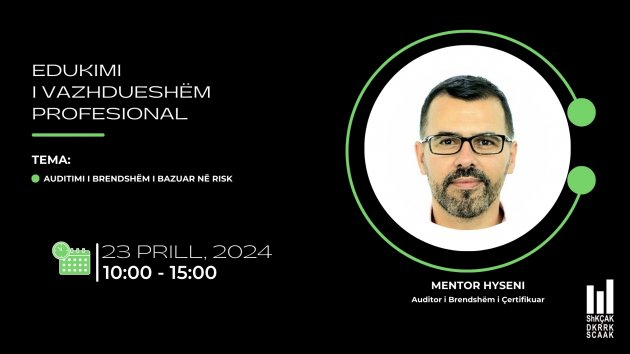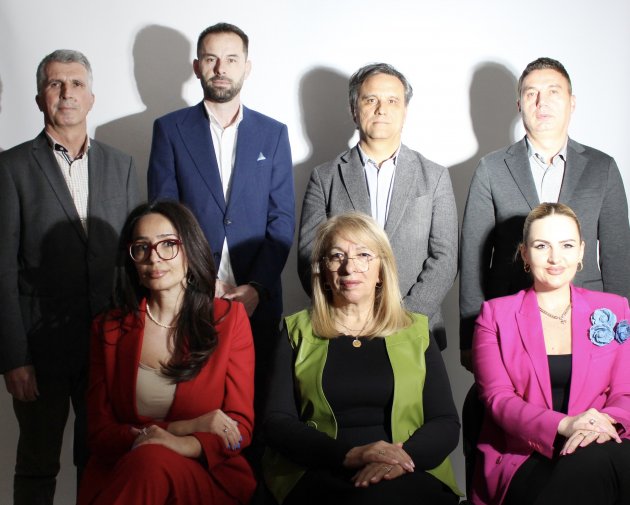Staying close to clients while social distancing
2020-04-21 - 01:29
Article written by: Megan Breen
In these tough times, while we maintain our social distance, clients need to know their practitioner is right by them.
As the impact of COVID-19 continues to spread across the world, small businesses are suffering financially and relying on their accountants to help steer them through a rapidly changing situation.
Accountants are now playing a vital role not only as trusted advisers, but also as a touchpoint to help their clients manage issues that affect them and their employees.
MENTAL HEALTH CHECK
The first thing Michelle McDowall FCPA, partner at Arabon Accountants in the Brisbane suburb of Sherwood, Queensland, asks all her clients, which include allied health services, gyms, general practitioners and dentists, is “Are you OK?”.
She says she has been talking non-stop for two weeks and that levels of anxiety are very high, with many people convinced they are going to go out of business.
“When we call them the first question we ask is ‘Are you OK, are you safe? Is there a problem anywhere in your life?’ We're not saying to them, ‘I’m here to talk to you about your business failing in the next six months’, we are really focusing on ‘Are you OK?’,” McDowall says.
This is a crucial step, she says, and helps people move on to being able to think rationally and look at what state their business is in and how they can weather the current environment.
“People need to make serious planning decisions about practical aspects, but they have to be in the right headspace to do that, they can’t just make decisions when they don’t see clear air, we must be really aware of their mental health.
“Saying ‘Are you OK?’ leads them to express their anxieties and talk about what’s keeping them awake, and then we can then go into the practical part that accountants do so well, which is developing a situational awareness of what is happening in their business,” McDowall says.
At Melbourne accounting firm SEIVA, managing director Brent Szalay FCPA agrees talking to clients about their state of mind is vital. His firm’s client base covers a range of small-to-medium businesses, and he says the impact of the shut-down of many workplaces has created fear and confusion with people not knowing what to do.
“Our first job is to be a sounding board. We can then help them access and unlock some of the benefits that could come their way, but more importantly empowering them and giving them some tools to be able to make some clearer decisions is probably the best thing to do first up,” Szalay says.
PICK UP THE PHONE
Communicating directly with clients by calling them individually is another strategy Szalay recommends.
“We’re sending out email communications as we get new information but we’re literally going through our lists and calling all our clients. We’ve called as many as we can and we’ll continue to call all of them just to give them that first point of contact; they need to be spoken with one-on-one.”
TAKING ACTION
Once her clients have reached a point where they can look at their current situation clearly, McDowall describes four possible scenarios, from surviving to closing, with the most common one being that businesses will suffer a period of loss and then recover.
“We did a situation report with a client recently and went through each element of their business. When they first came to us they thought they were going to suffer an irretrievable loss, they’re going to make a loss but they have now worked out they can deal with it and will be able to keep some staff on and recover,” McDowall says.
Szalay says clients need to know their accountant is looking to the future for them and recommends developing a stability plan.
“Stability plans help people forecast their cashflow for the next six months and allow them to make key business decisions now so they’re not so in the dark about the future. I think the most important thing is that people know the facts so they can deal with their situation; if they don’t know what is possible that causes a whole lot of anxiety.”
Those practices that don’t reach out to their clients face an uncertain future, says McDowall.
“We’ve picked up a new client who felt abandoned by their pre-existing accountants because they never once had asked ‘Are you OK?’.
“It makes sense not only as a human, but it also makes commercial sense. I’ve had people tell me they are so pleased I rang them and are feeling much better, and it’s very good to hear that phrase. If you can stay afloat and clearly help your clients, you will develop an even further depth of loyalty,” says McDowall.



